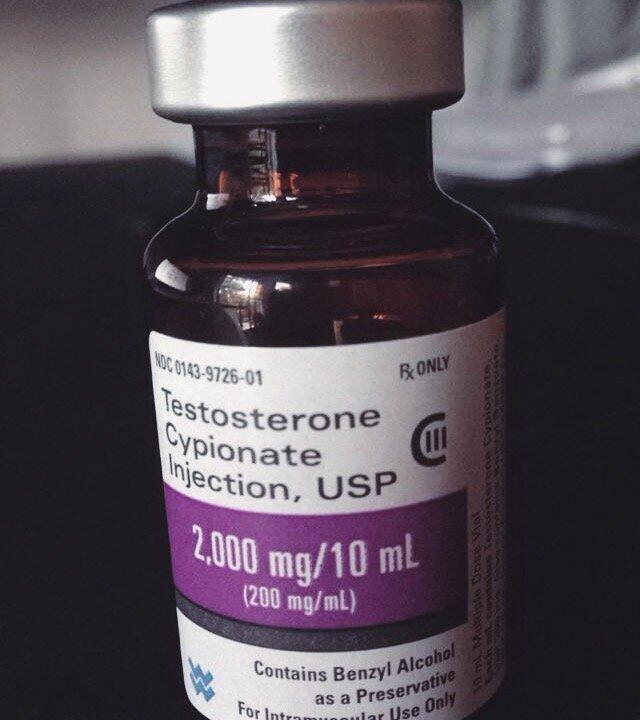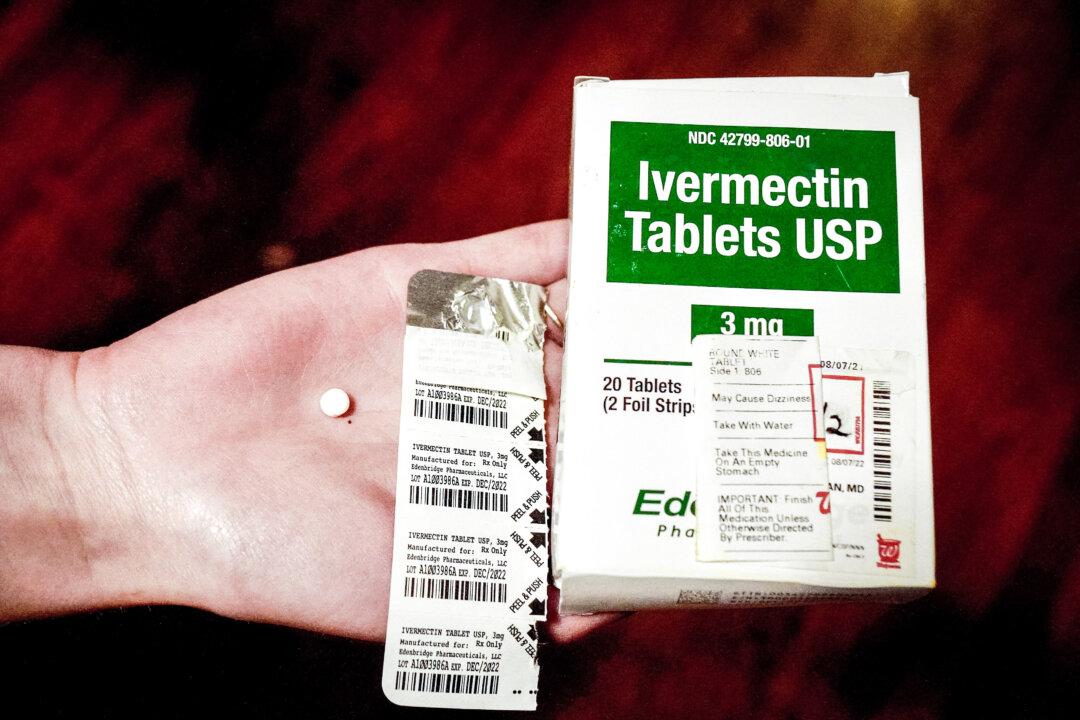A new Danish study reinforces medical evidence that transgender people taking cross-sex hormones dramatically increases their chances of developing heart disease.
Published in the European Journal of Endocrinology in August, the study included 2,671 transgender people in their early to mid-20s who took cross-sex hormones in Denmark.





